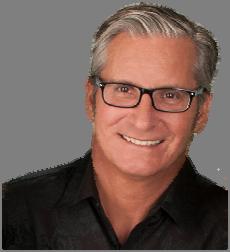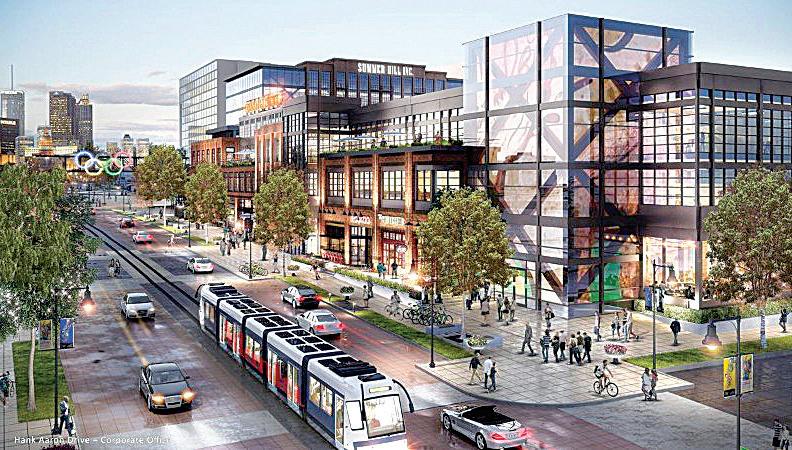
2 minute read
City council creates trust fund for Turner Field neighborhoods
By Collin Kelley
The Atlanta City Council has approved the creation of a trust fund to benefit the neighborhoods surrounding Turner Field.
The council was confronted by an overflow crowd of angry residents during its June 19 meeting as the body prepared to vote on creating a trust fund for the neighborhoods around Turner Field and financing bonds for renovations to Philips Arena.
Residents from Summerhill, Peoplestown, Mechanicsville and Pittsburg were outraged when it was announced that money from the sale of Turner Field to Georgia State University (GSU) was going to be used to renovate Philips Arena in order to keep the Atlanta Hawks in the city.
Councilmember Carla Smith introduced a resolution to create the Stadium Neighborhoods Trust Fund Committee, which will get $5 million from the Turner Field sale. The committee will have nine members who are residents of the impacted neighborhoods around Turner Field, and will be tasked with presenting projects and recommendations for expenditure of funds.
The city received $30 million for the sale of Turner Field after the Atlanta Braves decamped to its new SunTrust Park in Cobb County. None of that money was slated to go to the Turner Field neighborhoods, whose residents have been fighting for a Community Benefits Agreement to make sure improvements are made to the area.
GSU and its development partners closed on The Ted in January and is transforming the venue into a football stadium for The Panthers. A new baseball stadium will be built on the site of the former Atlanta-Fulton County Stadium, which is now a parking lot. Around the sports complexes will be student housing, office buildings, retail/restaurant space and apartment buildings.
The council also agreed to a pair of resolutions authorizing Mayor Kasim Reed to execute an intergovernmental agreement with the City of College Park and the Fulton County Recreation Authority regarding the extension of the rental car tax. Revenue from the tax will be used to finance bonds to fund renovations at Philips Arena.
The car rental tax will generate $142 million for the nearly $193 million project. The city will contribute an additional $32.5 million from one-time funding sources, while the Atlanta Hawks will contribute $50 million to the project.
The project will add new amenities to every level of the building, 360-degree connected concourses at all levels, improved sight lines and state-of-theart video. Renovations are expected to begin this summer, with an expected completion by the start of the 2018-2019 season, coinciding with the Hawks’ 50th Anniversary in Atlanta. The Hawks also committed to an 18-year lease extension to stay in Downtown through 2046.
Public comment on these issues went on for several hours and included comments from other elected officials including Sen. Vincent Fort, who is also running for mayor. Fort said he came to show solidarity with residents who live around Turner Field. He said residents were in negotiations with GSU in good faith over the last months as they worked toward a community benefits agreement.
However, Fort said the good will went down the drain when GSU sent its police to Turner Field to remove the “Tent City” set up by protestors. “As gentrification marches on, thousands of people in these neighborhoods could be displaced,” Fort said.
Deborah Scott, executive director of Georgia Stand-Up, a nonprofit that promotes economic justice, accused the mayor and council of being “disingenuous” to the Turner Field neighborhoods. “You work for the citizens of Atlanta. What have you done for them lately?” Scott asked. “It’s a shame you care more about sports teams than people.”

Councilmember Felicia Moore said the sports teams are important to the city, bringing tourist revenue, jobs, tax dollars and making the city more vibrant. “I have no problem with sports teams, but what I’ve heard over and over again are the people asking, ‘what about us?’”
Moore said residents and neighborhoods should be prioritized first. “If the city can find millions of dollars to fund projects like Philips Arena, we need to let residents know their concerns are a priority.”











